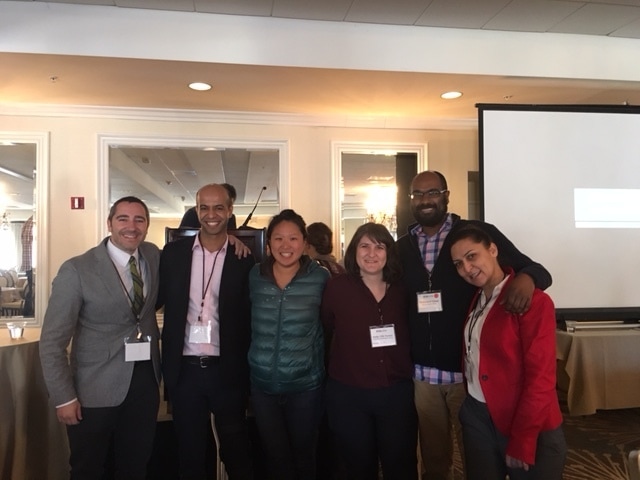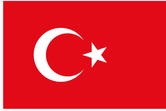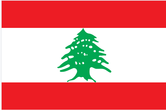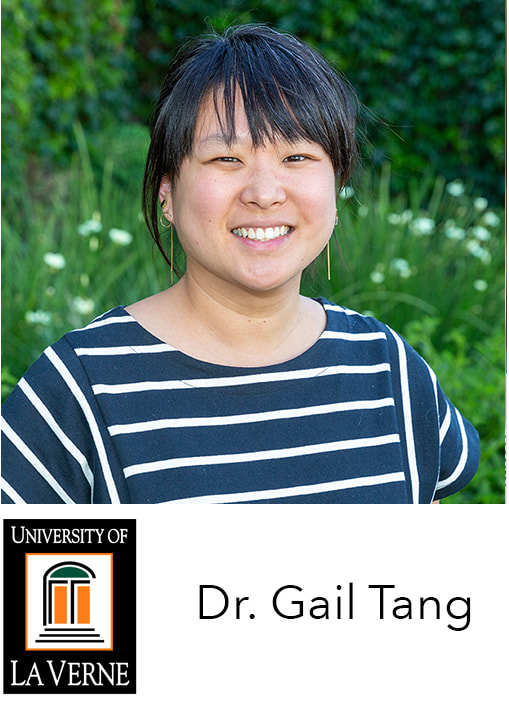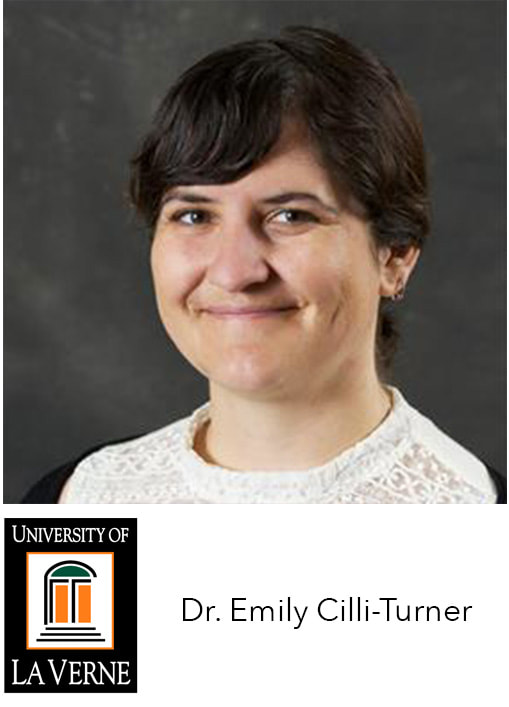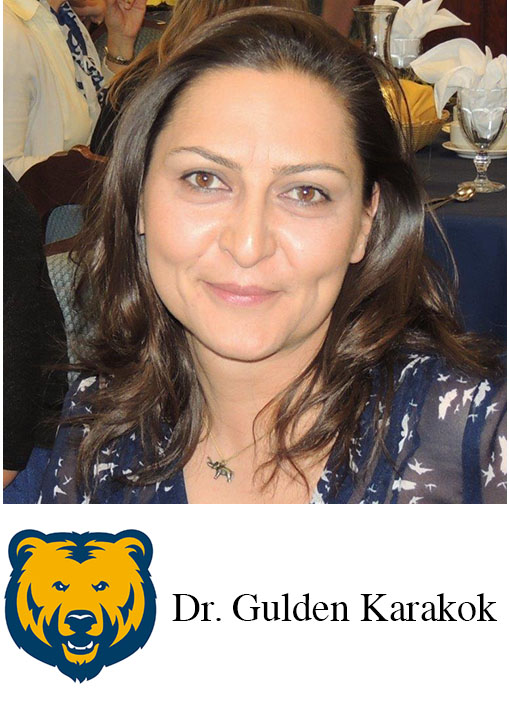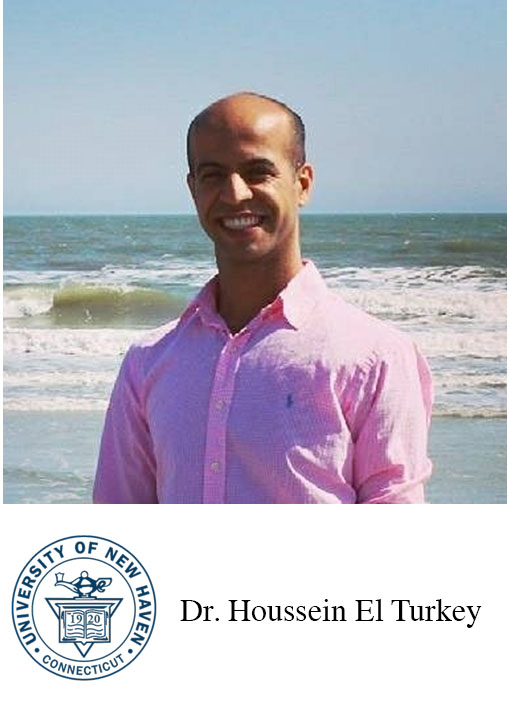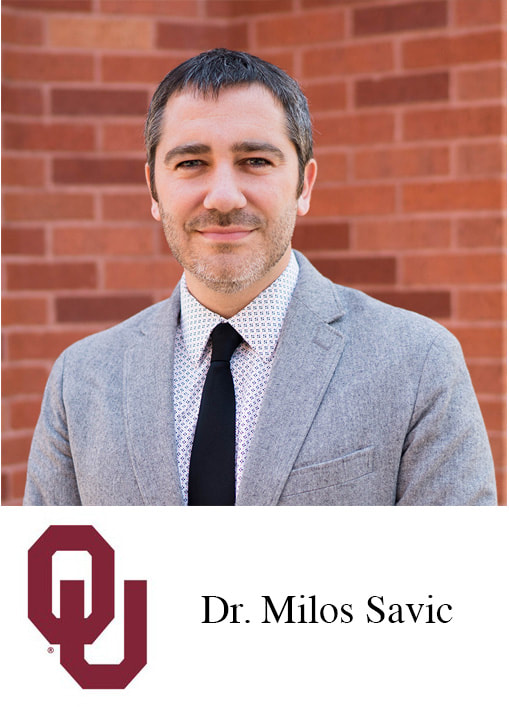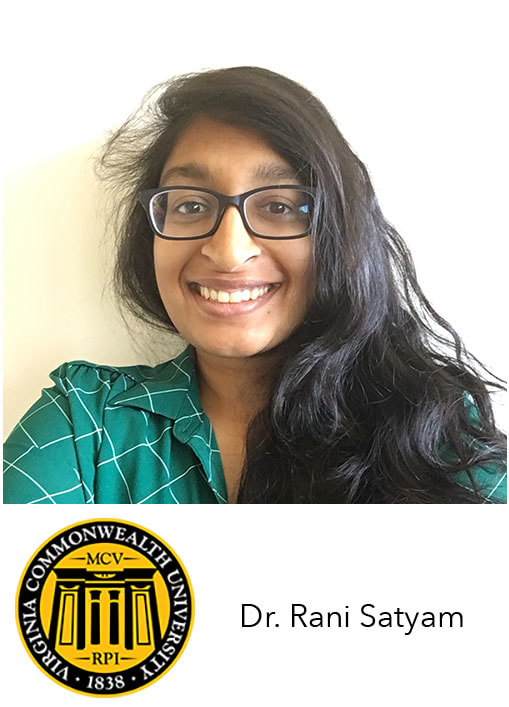The creativity group is a diverse group of mathematicians and mathematics education researchers; among them are 5 spoken languages, citizenship in 4 different countries, and employment in a variety of institutions spanning 4 different time zones. Click Below to see biographies of individual group members.
Active CRG Members
Dr. Gülden Karakök
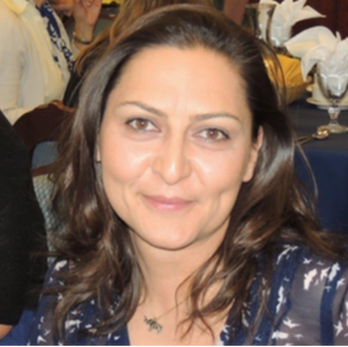
Gulden Karakok received her Ph.D. from Oregon State University in 2009 and is an associate professor at the School of Mathematical Sciences at the University of Northern Colorado (UNC). Her research background is in transfer of learning of mathematics concepts with various theoretical lens. In particular, she is interested in understanding the ways in which learners make connections among various mathematics topics while solving math problems and instructions can be enhanced to help learners make such connections. These explorations formed the basis for her interest in investigating creativity in mathematics. She is one of the developers of the Creativity-in-Progress Rubric (CPR) on Proving and a co-author of publications of the research group. She continuously mentors graduate and undergraduate students in mathematics education research and currently working with Kimberley Cadogan (graduate student) and Lorraine Franco (undergraduate student) on the Creativity-in-Progress Rubric (CPR) on Problem Solving. In addition to research, Gulden co-directs the Northern Colorado Math Circles outreach program at the UNC. This program provides monthly problem-solving activities and summer camps and workshops for 4th-8th grade local students and inservice mathematics teachers. Gulden is one of the workshop facilitators for the Academy of Inquiry Based Learning. During her free time, she enjoys listening to her research group’s karaoke and cooking Turkish food!
Dr. Emily Cilli-Turner
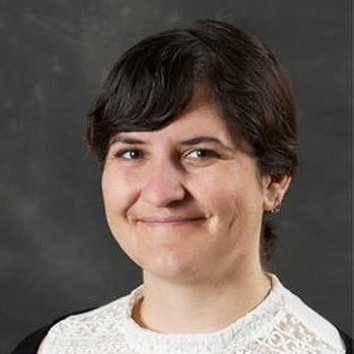
Emily Cilli-Turner received her doctorate from the University of Illinois at Chicago with a dissertation about the impacts of inquiry teaching on students’ proof construction and validation skills in an introduction to proof course. She will be Assistant Professor of Mathematics at University of La Verne in Fall 2018. Her primary research interests are student thought processes when they are constructing mathematical proofs and ways to introduce and value creativity in proof-based courses. However, she has also studied the effectiveness of a flipped pedagogy in an introductory statistics course and is currently working on a project to determine if spatial training can increase calculus ability. When she is not teaching and researching, she enjoys backpacking, traveling and trying new and interesting foods.
Dr. Gail Tang
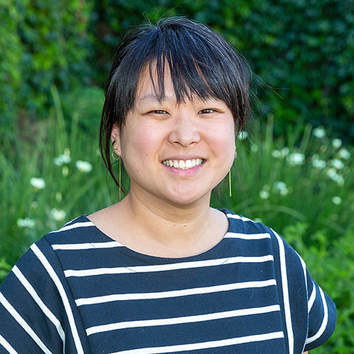
Gail Tang is Associate Professor and Chair of Mathematics at University of La Verne. While she is involved in several research projects, the foundation of the projects aim to provide more humanistic teaching and researching experiences for students, instructors, and scholars. Her primary research interests investigate how to support students’ mathematical creativity through faculty development. Mentorship is really important to Gail. Gail is a Fulbright Scholar who served as a mentor and professor at Mandalay University, Myanmar in 2019. In Summer 2023, she will be sailing with NOAA as a part of the Teacher at Sea Program. Gail recently received the Distinguished College or University Teaching Award for the Southern California/Nevada Section of the MAA. When she is not engaged in teaching, research, mentorship, or shared governance, she enjoys gardening, feeding her chickens, being surrounded by nature and animals, and learning about cultural connections through investigations into global food history.
Dr. Houssein El Turkey
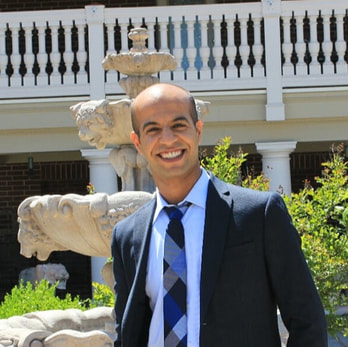
Houssein El Turkey received his Ph.D. from the University of Oklahoma in 2014 after which he joined the University of New Haven, CT, as an assistant professor. His background is in Lie Theory, but he developed a keen interest in qualitative research in undergraduate mathematics education. He is interested in studying ways of fostering mathematical creativity in the undergraduate classroom. He has been a part of the research group on mathematical creativity since 2014. He is a developer of the CPR on Proving and has used it in proof-based mathematics classes, which resulted in a publication (El Turkey et al., 2018). He co-authored several publications and presentations on mathematical creativity. In the classroom, he typically implements active learning methodologies. He teaches calculus on a regular basis and is part of institutional discussions to address the relatively high DFW rates in calculus, their impact on STEM majors, and the necessary efforts to support underrepresented minorities in these courses. Dr. El Turkey conducted research in calculus courses by implementing pre-class readings in an effort to increase students’ exposure to calculus concepts before class. Outside of academics, he enjoys cooking Lebanese food and being on the tennis court.
Dr. Miloš Savić
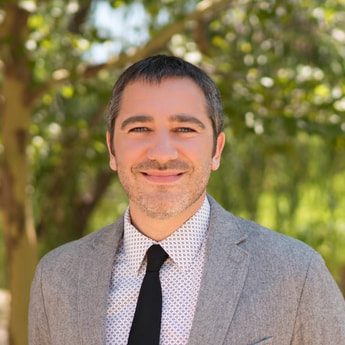
Miloš Savić received his Ph.D. from New Mexico State University in 2012 under the guidance of Drs. Annie and John Selden. His background is in researching undergraduate mathematics education (RUME), initially in the proving process. A critical part of his dissertation was the investigation of incubation, one of the four stages of the creative process proposed by Jacques Hadamard in 1945. It is this process, along with trying to alleviate students' difficulties in proving, that motivated him to research in creativity. His other projects include looking at productive failures in classrooms, large-enrollment courses and active learning, and impacts of creativity on students' self-efficacy. Miloš is an Associate Professor at the University of Oklahoma in the department of mathematics. He is also a committee member of the International Group of Mathematical Creativity and Giftedness. Outside of academics, Miloš enjoys playing with his kids, watching and playing soccer, and amateur woodworking.
Dr. V. Rani Satyam
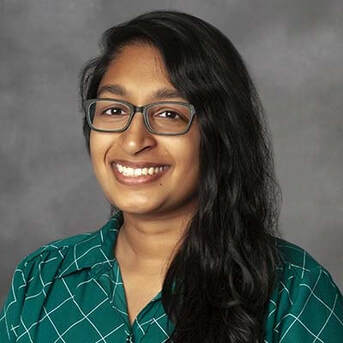
Rani Satyam is an Assistant Professor of Mathematics at Virginia Commonwealth University. She received her Ph.D. from Michigan State University in 2018. Her dissertation and subsequent research focuses on students’ mathematical cognition, affect (emotions, attitudes, beliefs, etc.), and the relationships between the two. She focuses on students’ mathematical thinking learning, primarily with undergraduates and proof. She also investigates students’ emotions in regards to mathematics, to understand the mechanisms behind intense positive experiences (e.g. moments of mathematical beauty, aha moments). She's a member of MAA's Project NExT and AMTE's STaR programs. Outside of academics, Rani likes exploring new cities, is an avid watcher of figure skating, and is hoping to learn how to play the bass guitar soon.
CRG Members for Life
Dr. Mohamed Omar
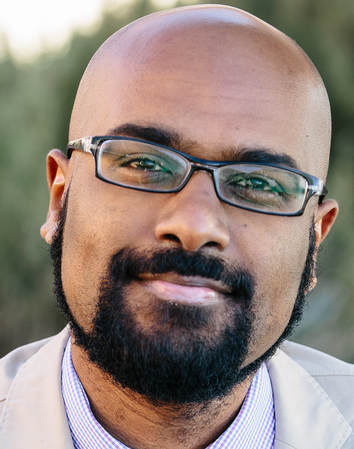
Dr. Mohamed Omar is an award-winning mathematician, nationally recognized speaker, and advocate for inclusion in STEM education. He is the author of over 20 peer-reviewed articles in internationally recognized journals. Dr. Omar is an assistant professor in the Department of Mathematics at Harvey Mudd College. Before that, he was a Harry Bateman Research Instructor at the Caltech where he was honored with the Outstanding Teaching Award by the Associated Students of the California Institute of Technology.
Dr. Omar is a strong advocate for diversity in STEM. As a member of multiple underrepresented groups, he especially understands the struggles students battle throughout their college experience. To bring students into mathematics at all levels, Dr. Omar presents entertaining math concepts that illuminate how math concepts appear in everyday life. Dr. Omar has also bridged the STEM barrier for students by creating prep materials for national college-level standardized exams, and sitting on the problem committees of several national level mathematics competitions.
Dr. Omar is a strong advocate for diversity in STEM. As a member of multiple underrepresented groups, he especially understands the struggles students battle throughout their college experience. To bring students into mathematics at all levels, Dr. Omar presents entertaining math concepts that illuminate how math concepts appear in everyday life. Dr. Omar has also bridged the STEM barrier for students by creating prep materials for national college-level standardized exams, and sitting on the problem committees of several national level mathematics competitions.
Paul Regier
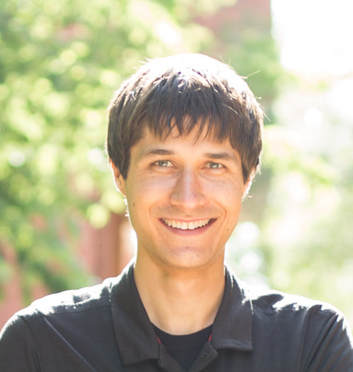
Paul Regier is a doctoral student in mathematics at the University of Oklahoma, working under the mentorship of Dr. Milos Savic. He received his Master’s in Electrical and Computer Engineering from the University of Oklahoma in 2012, researching algorithms for distributed optimization of wireless networks. Paul worked as a computer programmer and taught in the Natural Sciences department at Hesston College, Kansas before returning to Oklahoma in 2014. Paul is researching the impact of creativity in the classroom on student’s self-efficacy for proving and problem solving. Currently, this research is focused on developing, testing, and validating online survey instruments to measure a range creative actions taken in the classroom and corresponding changes in student self-efficacy.
Kimberley Cadogan
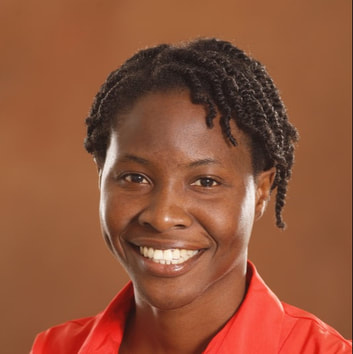
Kimberley Cadogan is a second-year graduate student enrolled in the Educational Mathematics doctoral program at the University of Northern Colorado. Through a summer project with Dr. Karakok whereby she wrote executive summaries of articles related to fostering creativity within the classroom and then compiled a review of the literature in this area, Kimberley's interest in mathematical creativity was piqued. Consequently, she is working with the research group to develop the Creativity-in-Progress Rubric for Problem Solving and will be a research assistant in the Fall 2018 implementation of this tool.
Lorraine Franco
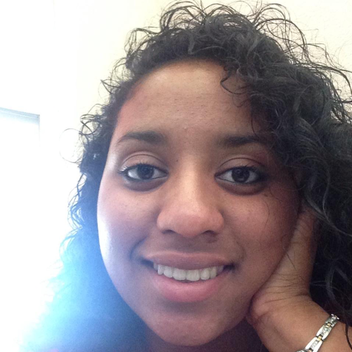
Lorraine Franco is an undergraduate mathematics major at the University of Northern Colorado. She became interested in problem solving during the Summer 2017 Student Math Circle Camp of the Northern Colorado Math Circles program. At the camp she worked as an undergraduate mentor. As a result of that experience, she applied to the Budapest Semesters in Mathematics Education Summer study abroad program and will be traveling to Budapest during the summer of 2018 to study the Hungarian approach to problem solving. She will be graduating in May 2019 and pursuing a Ph.D. in Mathematics Education. In the meantime, she is conducting research on Supplemental Instruction in Calculus class (Spring 2018) with Dr. Emilie Hancock. She will assist the Creativity Research Group in the upcoming research studies, in particular help collecting and analyzing data on the Creativity-in-Progress Rubric (CPR) on Problem Solving implementations in various courses.
Dr. Emilie Hancock
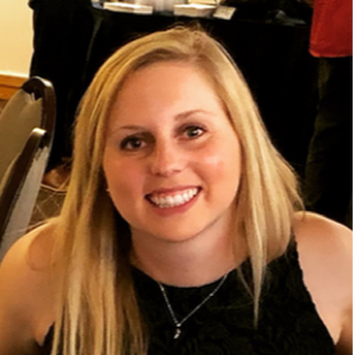
Emilie Hancock is an Assistant Professor in the Mathematics and Science Education Departments at Central Washington University. As a graduate student at the University of Northern Colorado, she assisted the research group in project planning, transcribing classroom and interview data, and validating the Creativity-in-Progress Rubric (CPR) on Proving through qualitative coding of student proof data. She co-authored a book chapter and MAA Focus article based on this work. Emilie’s experiences in the creativity research group laid the foundation for her current research interests as a mathematics educator, which include the teaching and learning of mathematical problem-solving habits of mind, examining classroom interactions and norm development, anddesigning classroom communities utilizing student-centered pedagogical practices.
Dr. Brent Hancock
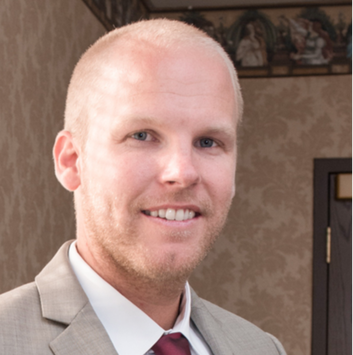
Brent Hancock is a mathematics lecturer at Central Washington University. While working towards his PhD at the University of Northern Colorado, Brent assisted the creativity research group with transcribing interview data as well as conducting preliminary data analysis. For instance, he investigated Livescribe pen data from the corresponding introductory proof course to find in-class data that potentially triangulated interview findings. He also enjoyed partaking in regular meetings with the research group to discuss emerging results. Working with the creativity research group has inspired Brent to think about how mathematical creativity might manifest in students’ collective argumentation as a potential avenue for future research.
Dr. David Plaxco
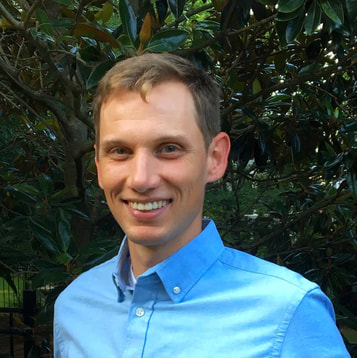
David Plaxco is an assistant professor at Clayton State University and a former postdoctoral researcher the University of Oklahoma (under Milos). David earned his doctorate under Megan Wawro. David researches relationships between undergraduate students mathematical activity and conceptual understanding, specifically focusing on how students' engagement in proof and argumentation relates to their conceptual understanding. David is also interested in developing inquiry-oriented curricula with the IOLA (Inquiry-Oriented Linear Algebra) group and helping preservice teachers learn about more effective ways to teach. David likes geometry, algebra, complex analysis, logic, puzzles, games, and game design. He has recently learned to solve the Rubik's cube and has begun a project (@cubes_art) documenting various designs he has learned to generate on larger cubes.
